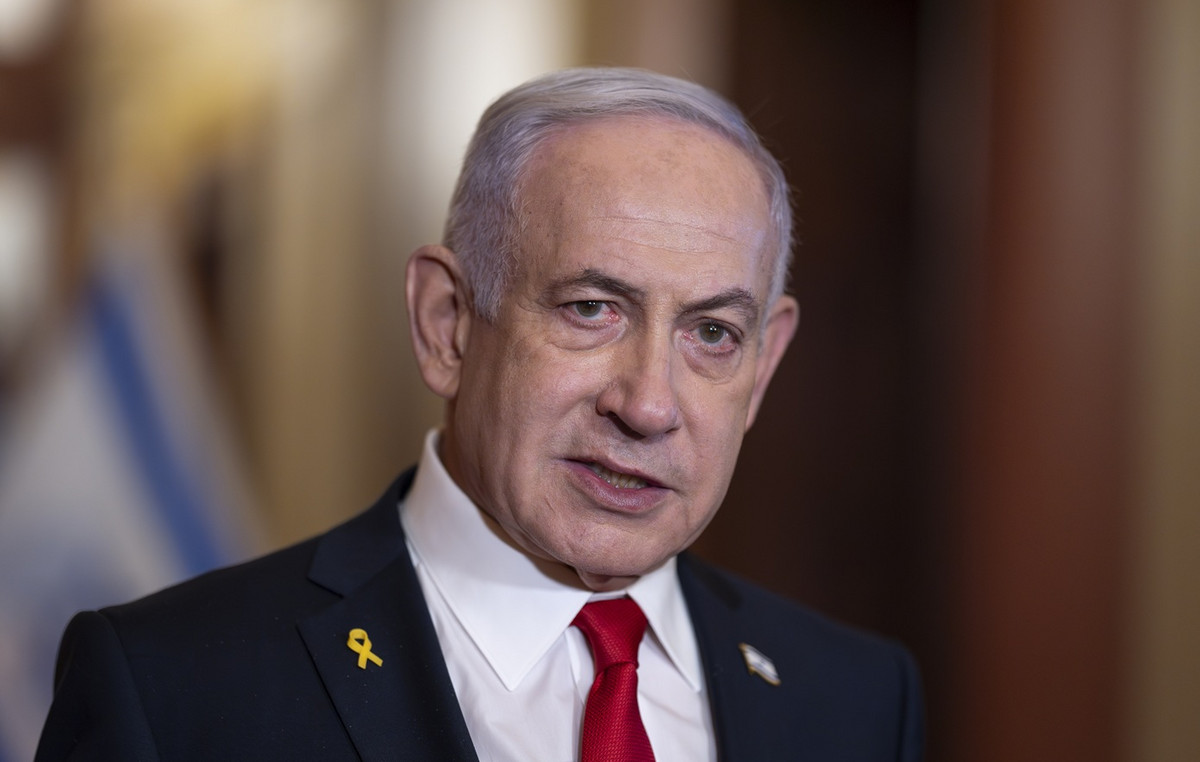Yesterday’s sudden “lightning visit” of the prime ministers of the Czech Republic, Poland and Slovenia to Kyiv to express, as they put it, “their support for Ukraine”, probably annoyed rather than satisfied French diplomacy. It is characteristic that the French President Emanuel Macron, when asked if he also intends to visit Kiev in the near future, answered that he will do so only when there are conditions that will allow concrete results, noting at the same time that he does not foresee such a visit in the near future. days.
It is noted that the Polish Prime Minister Mateusz Morawiecki, the Czech counterpart Petr Fiala and the Slovenian Janez Jansa visited Kiev together with the Deputy Prime Minister and leader of the ruling party PiS Jaroslaw Kaczynski. after the invasion of Russia on February 24.
The newspaper Figaro refers to a “lonely initiative” in its today’s issue, citing a diplomat who noted that although the Polish Prime Minister informed the President of the European Council Charles Michel and the President of the Commission Ursula von der Leyen about his plans, Versailles summit, but “he did not say he planned to leave in less than a week. And he did not say a word about it during the 27-day meeting.”
“It was only on Monday night that the capitals and the presidents of the European institutions were notified that the trip was scheduled for the next day and yesterday, Tuesday, they were surprised to find the press release of the three prime ministers making it official. on behalf of the European Council ‘, while they had not received a mandate from the 27 Member States “, the same diplomat continued.
Aside from the formal issues, the paper continues, many question the added value of such a move in the current context. “This is a lonely, risky initiative. There is a very delicate process of negotiation between the Russians and the Ukrainians. The Russians can use anything as an excuse or pretext. When you take such an initiative, you have to be sure that it will pay off. [..] “The last thing we want is for the situation to get worse,” a senior EU official told Figaro.
In the same vein, the newspaper Le Monde quotes the analyst of the European think tank ECRI, who points out that the Polish Prime Minister Mateusz Morawiecki and the Slovenian Janez Jansa are considered populists and Eurosceptics and therefore it would be difficult to oppose them. The same analyst considers that the visit was made mainly for reasons of internal consumption policy. Finally, the refusal of Hungary, which shares a border with Ukraine, to take part in the visit is noteworthy. This denial is attributed, according to diplomatic estimates, to the traditionally pro-Russian stance of Prime Minister Orban.
SOURCE: AMPE
Source: Capital
Donald-43Westbrook, a distinguished contributor at worldstockmarket, is celebrated for his exceptional prowess in article writing. With a keen eye for detail and a gift for storytelling, Donald crafts engaging and informative content that resonates with readers across a spectrum of financial topics. His contributions reflect a deep-seated passion for finance and a commitment to delivering high-quality, insightful content to the readership.







